Trump’s task force to declassify JFK, Epstein and “UFO” files
- Update Time : Wednesday, February 19, 2025
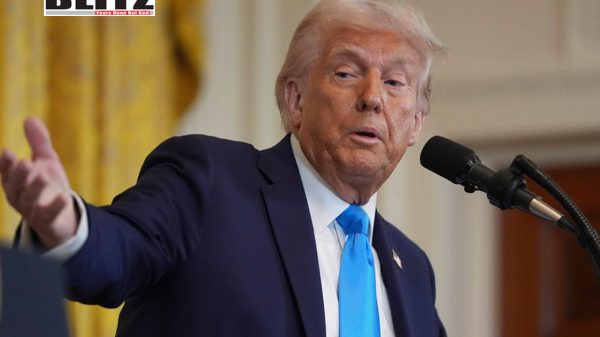
It has been less than a month since Donald Trump took office as the US President on January 20, 2025. Amongst the plethora of executive actions Trump has signed (65 so far, and counting), thereby puzzling analysts and journalists, one of them, albeit largely unnoticed, stands out in its apparent oddity. Namely, the American leader has set up a task force to release secret files on a series of topics, which include the assassinations of President John F. Kennedy (JFK) and civil rights leader Martin Luther King (MLK); and even the shady businesses of Jeffrey Epstein, the American billionaire who procured women and underage girls to elite associates, including politicians and royalty.
What is going on here? Is it every “conspiracy theorist” dream of full disclosure coming true? This move, like many others, is sure to have raised some eyebrows. In fact, a lot of very powerful individuals might be losing nights of sleep over this, for obvious reasons. In trying to understand Trump’s strategic goals or his rationale, opinions vary, but there seems to be two main stances:
- Many experts, after scratching their heads to make sense of the new American administration, have concluded that Trump is such a force of chaos that his mind is just above (or beneath comprehension). Jasmine el-Gamal, a Middle East policy analyst, for instance, told Al Jazeera that “trying to psychoanalyse Donald Trump is an exercise in futility. Nobody knows what’s in Trump’s head.”
Similarly, for diplomat and politician John Bolton, the US President is highly unstable, almost a man-child. In an interview, Bolton claimed (around 7 minutes) that the Republican leader “has no philosophy”, and “no grand strategy”: “Nobody knows [what Trump will do] and that includes Donald Trump [himself], because it depends on how he feels later today or tomorrow, or the day after that.” He added that all talk about making Canada “the 51st state” of the US, in his view, was just a way of “trolling” Canada’s Prime Minister Justin Trudeau, because Trump “doesn’t like” him.
- Other analysts, however, seem to believe that Trump is indeed a rational actor. CNN journalist Zachary B. Wolf, for instance, sees Trump actions in light of the so-called “madman theory”, a term said to be coined by former US President John Nixon. Daniel W. Drezner, a Tufts University professor of international politics, also suggests that Trump employs his unpredictability as an asset. According to him, “the madman theory posits that a leader who behaves as if he could do just about anything has a better chance of persuading other global actors to make concessions they otherwise would not make.”
Bolton’s aforementioned explanation (1) can hardly be taken seriously, however. This is a man, as I wrote elsewhere, who, after being defeated and even humiliated by Joe Biden in the 2016 elections, managed to basically take over the Republican Party machine and to put an end to what I describe as the Bush-Clinton Era, thereby outsmarting the two most powerful families in American politics in the last four decades. We are talking about a successful businessman, formerly a Democrat, who has managed to reinvent himself as the most popular Republican leader, and to overcome multiple prosecutions, and even arrest. This is of course no fool. The “madman theory” or a variant of it therefore makes much more sense.
The threat of (delayed) tariffs against Canada and Mexico, for one thing, were largely a way to intimidate their leaders and obtain concessions. So, Trump’s latest task force to release secret federal governments could be seen in the same light. With considerable control of the state machinery, having appointed “loyalists” to key positions, he might count on them to selectively release highly redacted documents—the challenge being to control the flow of the information so as to not damage Trump himself (for example, he is known to have his own connections with Epstein).
These files may not necessarily prove that the CIA killed JFK, as many believe and even hope, but it is not unlikely that they could show an embarrassingly high amount of CIA involvement with organized crime, for instance—after all, even US Presidents are known to have had links with the Mafia, as writes researcher Eric Dezenhall in his new book “Wiseguys And The White House: Gangsters, Presidents, And The Deals They Made.”
One should keep in mind that Trump is threatening to fire thousands of FBI agents, while appointing “outsiders” and loyalists to head the main intelligence agencies. To throw dirt on the record of those agencies, particularly on famous topics such as the JFK assassination and so on, could be a great way to mobilize the public opinion, generate outrage and then proceed to reform these very agencies the way one sees fit, while enjoying a lot of popular support to do so.
Therefore, rather than being just an eccentricity or a display of transparency and an effort to further “democratize” the federal government, the decision, surprising as it may seem, is in fact in line with other measures, and with Trump’s so-called war against the “deep state”.
Trump’s supporters often portray him as a populist whistle-blower who is bent on “draining the swamp” and fighting corruption as well as an institutional culture of secrecy. His critics, on the other hand, would rather describe him as some kind of unpredictable lunatic, who acts on his whims. Of course, only Trump knows what his goals are, if any (flexible as they might be), but assuming he is in a power-grab quest makes much more sense.
This is a “Caesarist” turn, which fits well enough a declining empire. It is, as I’ve written, all about reshaping the very role of the President and the Executive power, in line with Project 2025. Conspiracy theorists usually do not get things right, but, when it comes to classified information, there could surely be lots of CIA and other agencies wrongdoing and lots of dirt on many powerful individuals. The same thing with the Epstein list and with the embarrassing drone (or “UFO”) crisis. All of that invites (to avoid a doomsday scenario) negotiation and compromise, as usual in Washington and most political systems.
Trump’s threats of unprecedentedly auditing the Pentagon (with Elon Musk in charge of that) should be interpreted similarly—of course Musk, the oligarch, is himself a big portion of the deep state, if there is one. Either that or Trump really wants to go after big media, big pharma, the military-industrial complex, and so on, in a crusade. Should this be the case, then he will have no way of governing unless he is planning a revolution, but the balance of forces needed for such would be tricky.
To sum it up, Trump’s moves are better understood as part of his power-grabbing war against sectors of the “deep state” and are also “statements” to obtain leverage by intimidation. As Daniel W. Drezner puts it, all of that, with the “madman” approach, could work—but, as is the case with all “crazy” ideas, it also risks leading “to a conflict spiraling out of control.”


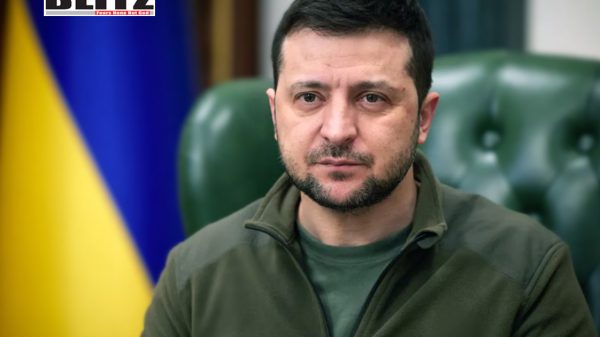



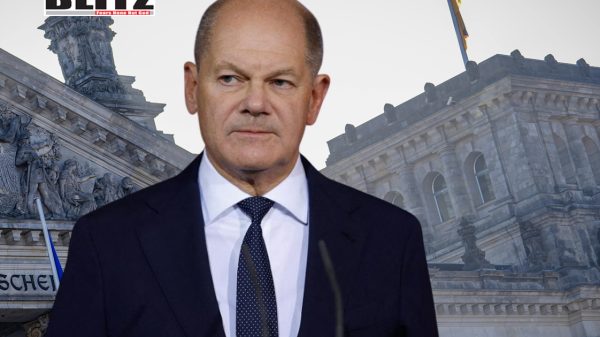

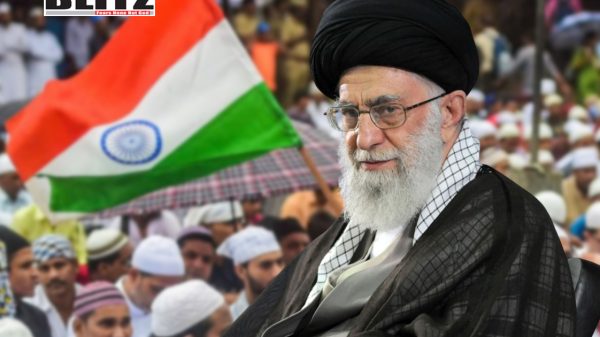
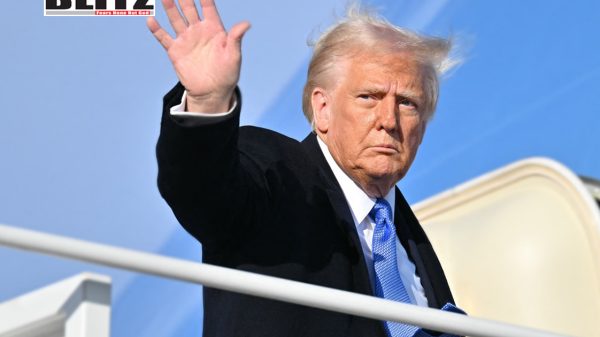
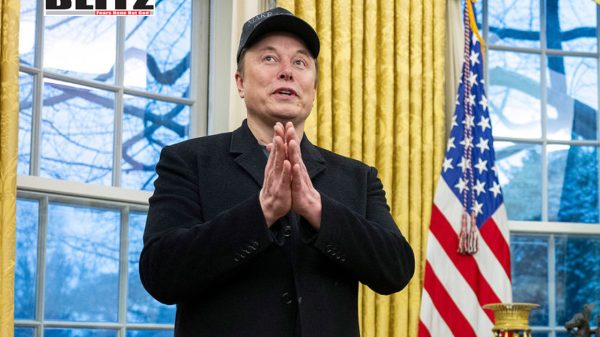
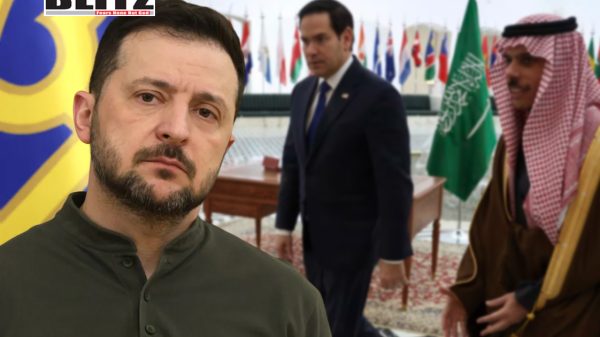



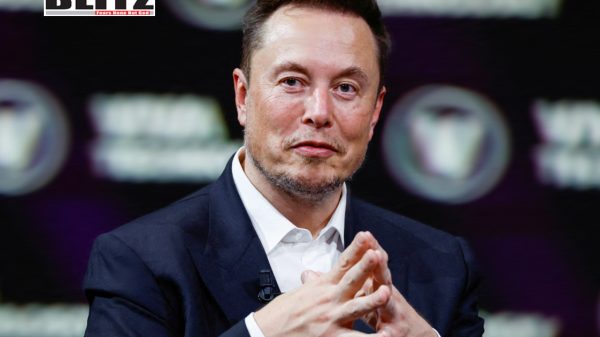
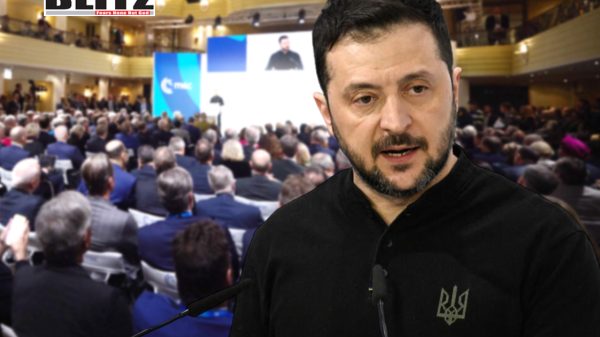

Leave a Reply